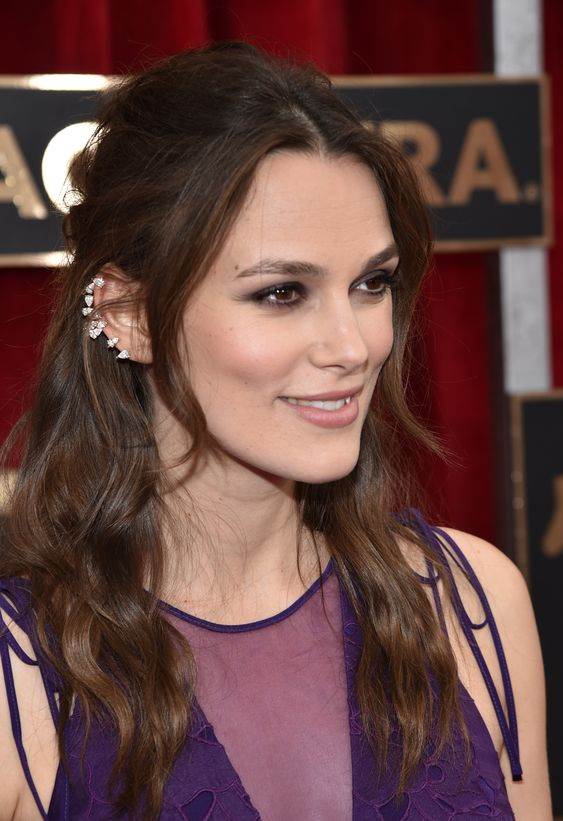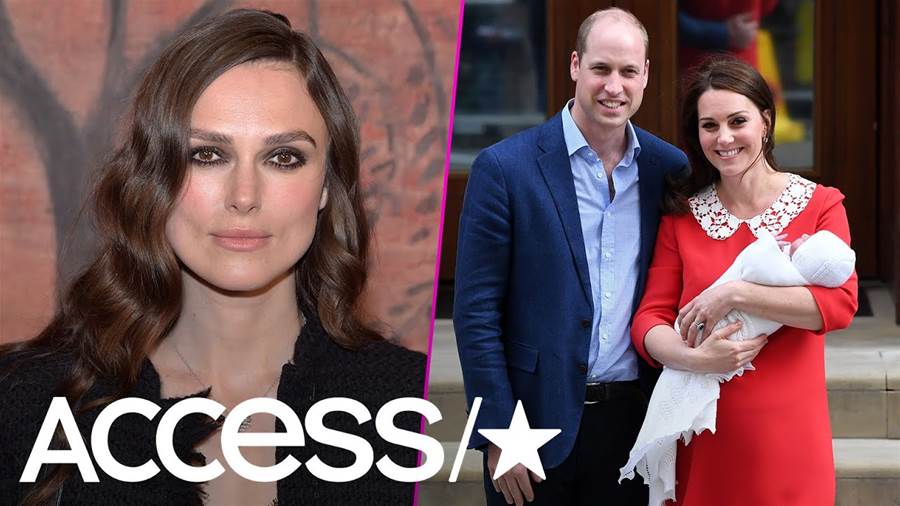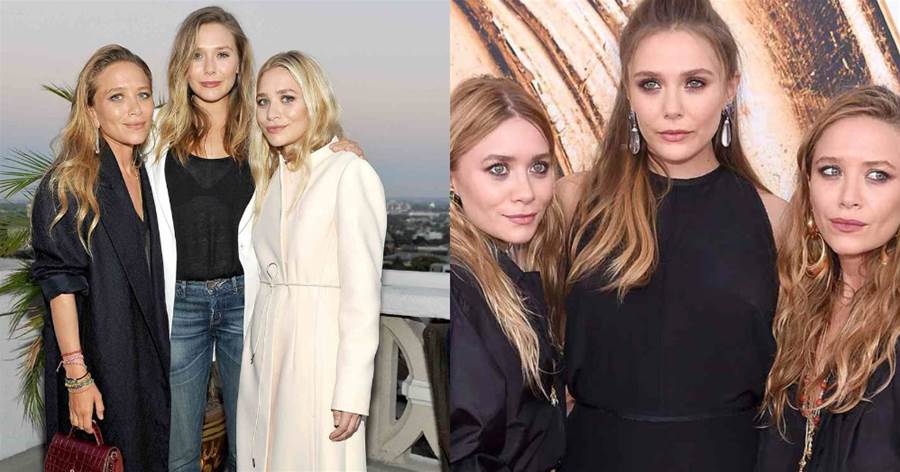
The blockbuster film "Barbie" recently received eight Oscar nominations, including a best picture nomination. Some people, however, are outraged by the fact that the film did not secure nominations for best actress (Margot Robbie) and best director (Greta Gerwig). Despite Robbie being nominated as a producer for best picture and Gerwig receiving a nod for best adapted screenplay, fans and even Hillary Clinton have voiced their displeasure.
But why can't fans and attention-hungry politicians understand that certain elements of a film, such as costumes and screenplay, may be more deserving of recognition than others? Instead of celebrating America Ferrera's nomination for best supporting actress, proud feminists are focused on the snub for best actress. Additionally, Ryan Gosling, who plays Ken in the film, has been the center of attention for most of the award season buzz.
The article is not finished. Click on the next page to continue.








